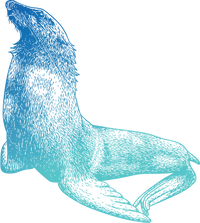Our programs are at capacity through the end of the 2024–25 school year. We do not offer on-site classes during summer months (June–September).
Please check back for information about the 2025–26 school year later this summer. This information will be shared as soon as it is available. Please don’t reach out to the Registration team with your specific program request until then. Thank you!
Book a class
We are excited to welcome preschool through 12th grade students for classes at the Seattle Aquarium!
Our educators will guide you and up to 32 of your students at a time through lessons that support Next Generation Science Standards while giving your students agency to influence the class based on their prior knowledge and interests.
On-site classes are reserved for student/teacher groups with a minimum of 10 students and are not available for homeschool groups. Homeschools are always welcome to schedule self-guided visits or to attend specially tailored programming on Homeschool Days.
Jump to...
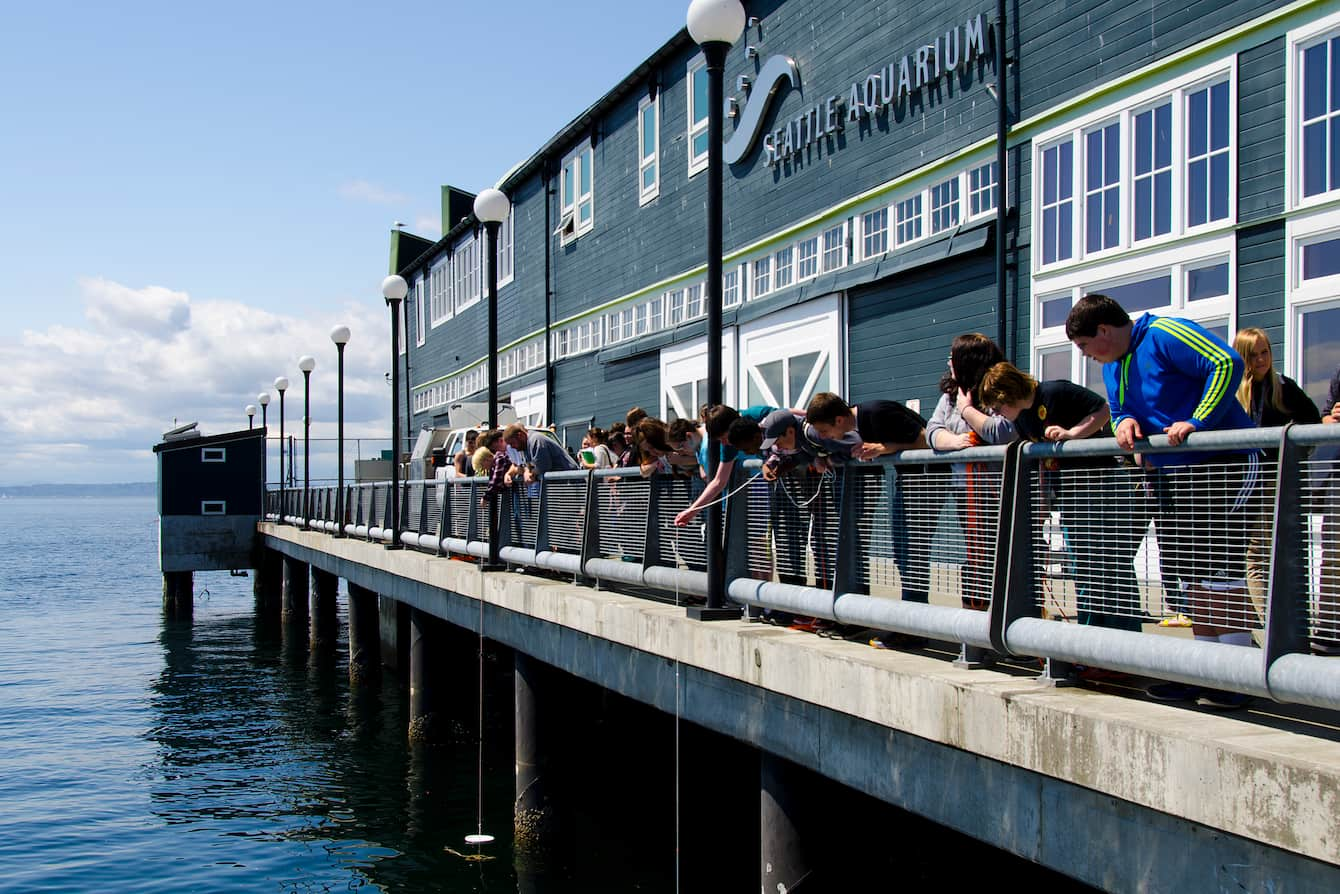
About our on-site classes
On-site classes take place in our classrooms here at the Seattle Aquarium as part of a field trip. All programs are 60 minutes long (except Tide Pool Friends for preschoolers, which is 30 minutes) and can be scheduled between 10am and 2pm on Tuesdays–Fridays. Admission to the full Seattle Aquarium campus, including our new Ocean Pavilion expansion, is included with your class.
Schools are usually limited in how long their field trips can be. If your priority is seeing the Ocean Pavilion or you are traveling more than 45 minutes from your school to the Aquarium, please consider booking a distance learning experience instead of an on-site class so your full day can be dedicated to exploring the Aquarium.
Our two classrooms have a maximum capacity of 32 students and 10 chaperones each (not including Aquarium staff); A maximum of 64 students can be in classes at one time. Please submit a request for every timeslot you wish to book, even if you are asking for two simultaneous programs. We require a 30-minute break between programs so our educators can reset the classrooms for the next group. If you need to request multiple blocks of programs, plan for the next group of classes to start 90 minutes after the first set. (For example, if you book two 10am classes, the next available program time will be 11:30am.) Please note: At least one teacher must be present for the duration of each classroom program. They will count toward the 10-chaperone maximum.
The schedule is designed to ensure everyone’s experience is as pleasant as possible and to minimize overcrowding. Classes are expected to arrive at their designated entry time. Late arrivals may not be accommodated due to the tight scheduling of groups. Teachers are responsible for relaying exact arrival details to their bus drivers and are expected to account for travel when selecting their entry time. Our classrooms are located on the second floor of Pier 59. Groups arriving less than an hour before their program start time are required to enter Pier 59 first and will NOT be permitted to visit the Ocean Pavilion before their class. This policy is intended to make sure classes are in the right place and ready to begin their programs in a timely manner.
After booking your program, you will receive more information to help your students prepare for a visit to the Aquarium and their exciting class. Please read all correspondence from registration@seattleaquarium.org carefully as we try to cover everything you need to know about what to expect from your field trip. Still have questions? Please visit our School Group FAQ.
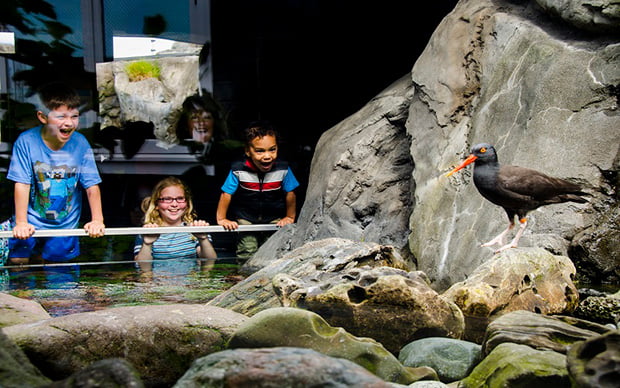
Scholarship program
Washington state schools with 40% or more free/reduced lunch participants, ESL/ELL, special education classes and/or ECEAPs can apply for our field trip scholarships. Approved scholarship groups receive paid Aquarium admission/programming and a reimbursement of up to $500 per bus rented to bring your students on their field trip.
The admission scholarship application will be sent to the email address you provide. A school/office administrator's signature is also required to confirm eligibility; please be prepared to provide the name and email of an administrator at your school who can approve your application. This form will arrive via a separate email through DocuSign. It should automatically be sent to your office administrator after you complete and sign your sections.
We will reimburse up to $500 per bus, with no cap on the number of buses used (within reason). Because we need specific day-of-visit information to process your reimbursement, this form will arrive via a separate email through DocuSign after your field trip is over.
2024–25 on-site school programs
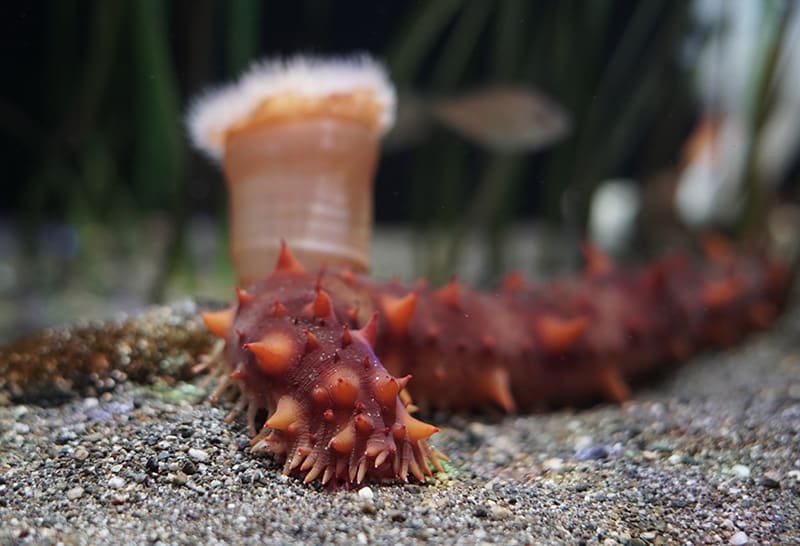
Pre–K
Tide Pool Friends
Meet different Puget Sound seashore animals during this interactive pre-K class. Through discussion, movement and song, students will learn fun facts about the animals and their habitat while reviewing colors and numbers. Explore even more during the free-choice activity time that includes a live animal station, magnet board and puppet play, a reading and puzzle corner, and a letter-matching activity. This introductory marine science program is perfect for preschools, Head Start classes, day care centers and other groups of young children.
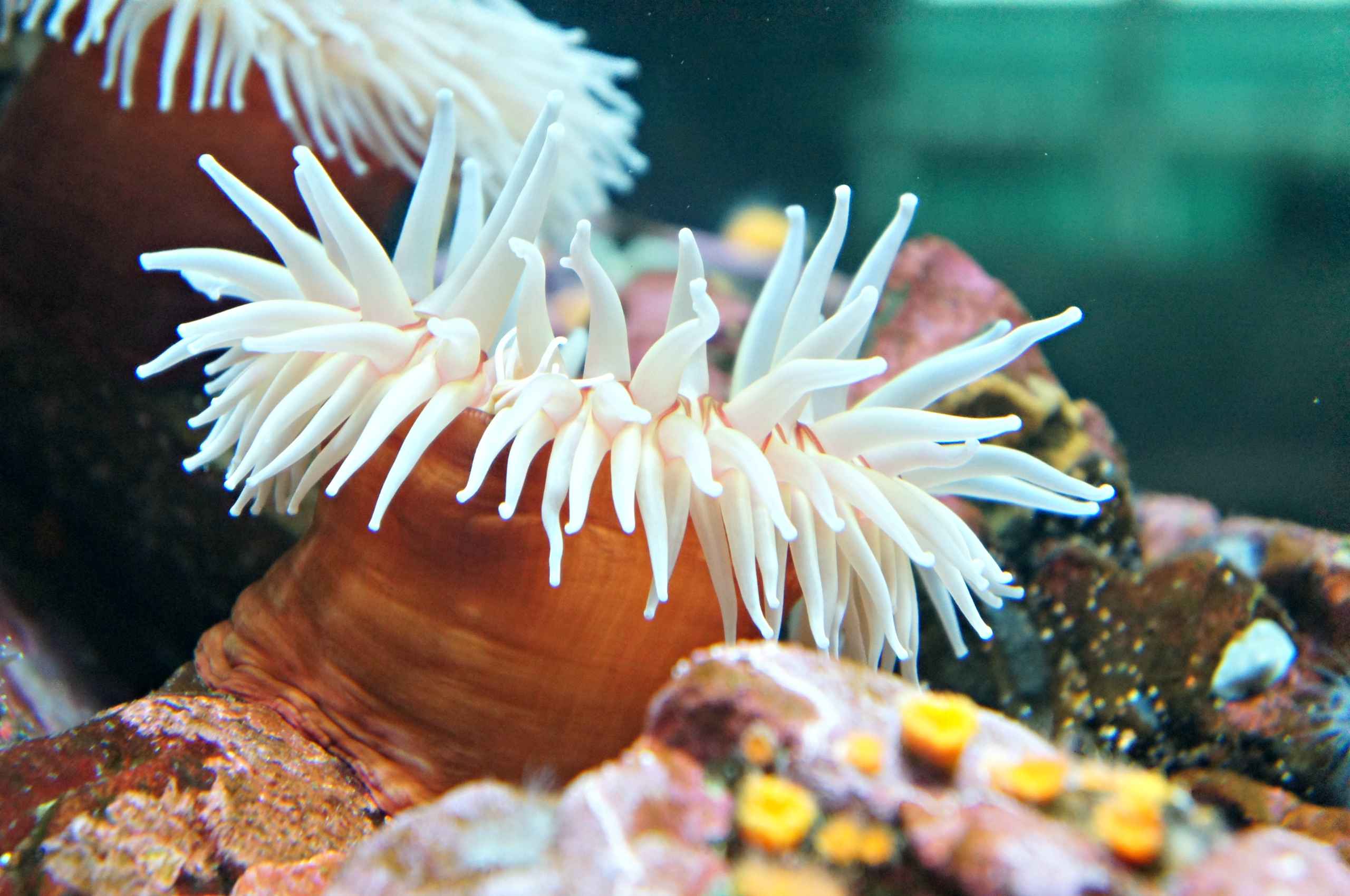
K–Grade 2
Explore Pacific Northwest Tide Pools
Get up close with live tide pool animals. Through the use of puppets, live animals and observation, students will learn how these animals survive in their ever-changing habitat and how simple actions can help protect them. Learn about invertebrates like hermit crabs, sea urchins and snails, and discover how they have adapted to survive in the intertidal zone.
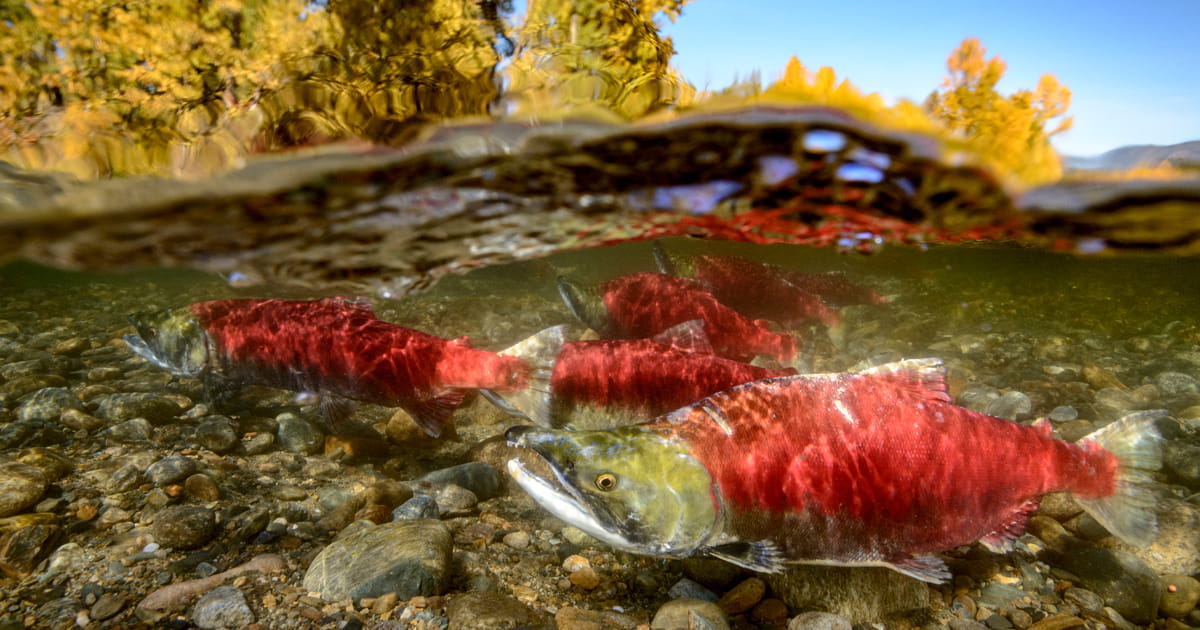
K–Grade 2
The Great Salmon Journey
Learn about the life cycle of one of our region’s most iconic animals: the salmon! With the use of interactive storyboards and learner-driven activities, students will explore salmon from egg to adult and discuss the many different factors that affect these amazing fish. Students will become invested in the journey of the salmon through role-playing and discover just how difficult it is to make the great salmon journey.
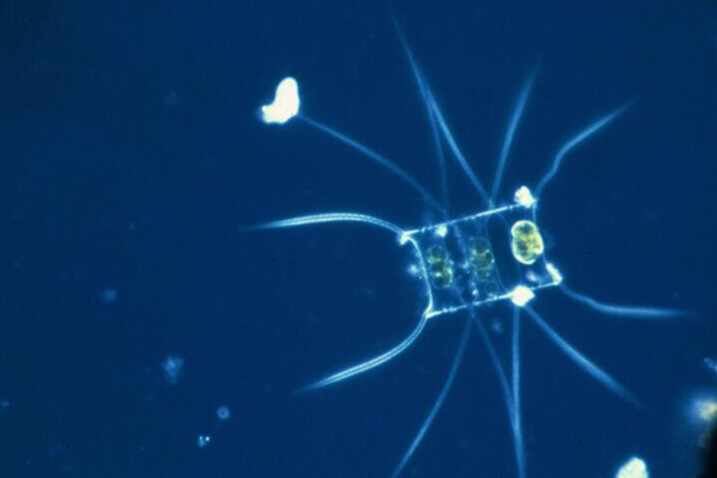
Grades 3–5
Puget Sound Plankton Lab
Discover the most abundant organisms in Puget Sound: plankton! Students will learn about the role plankton plays in providing food for all animals as the base of the marine food web. Students will be guided through a plankton exploration, learning about phytoplankton and zooplankton through living examples that they collect themselves from the water beneath the Seattle Aquarium’s pier. By the end of the class, students will have the opportunity to explore a plankton sample of their own using a real microscope.
*Students should dress for the elements since portions of this program are outside on the Aquarium pier. Plankton samples differ with changing water temperatures and the time of year of the visit.
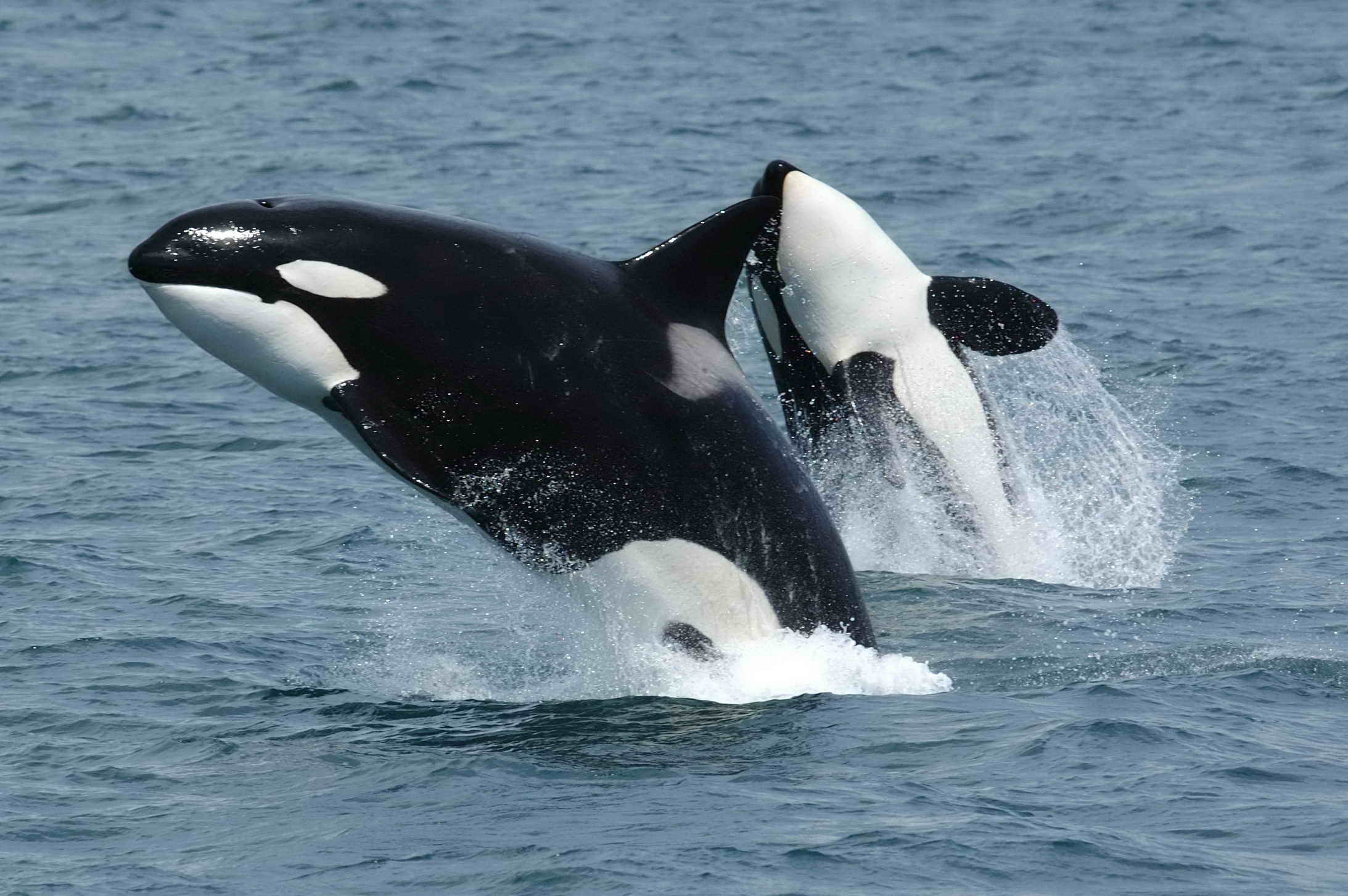
Grades 3–5
Orca Discovery
What do you have in common with an orca? Discover the connections we share by comparing the life cycle and physical structure of orcas to humans while building a life-size whale skeleton. Instructors will lead students in a discussion of how our actions can both negatively and positively affect these amazing animals.
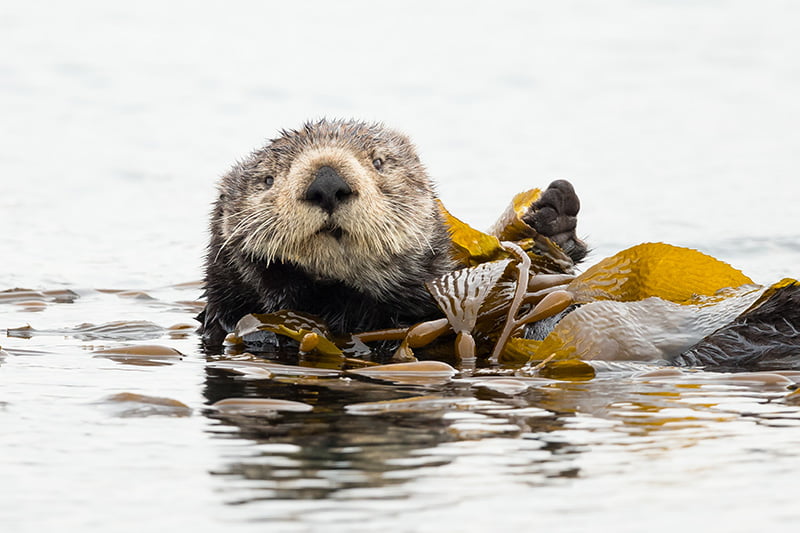
Grades 6–12
Sea Otter Conservation Research
Find out what it takes to conduct research on wild sea otter populations. Students will learn how to collect data, ask research questions, and plan and carry out investigative work. The conservation work undertaken on the outer coast of Washington state by Seattle Aquarium Senior Conservation Manager Dr. Shawn Larson and her team will serve as an example.
